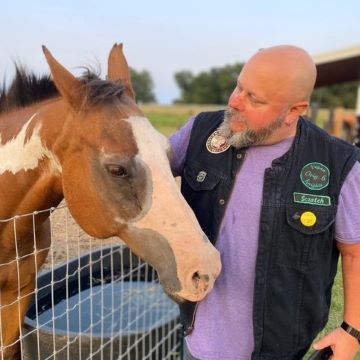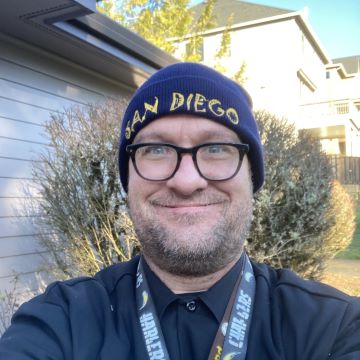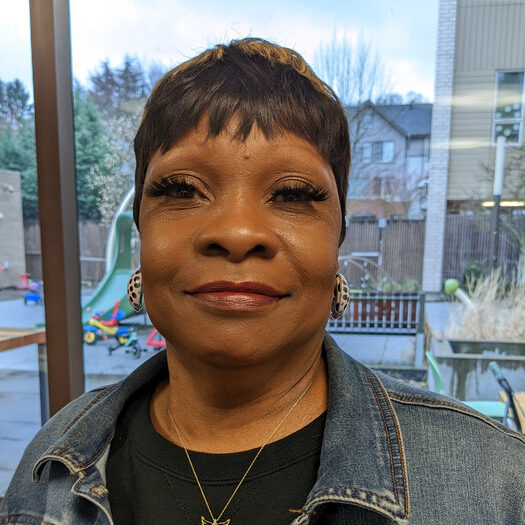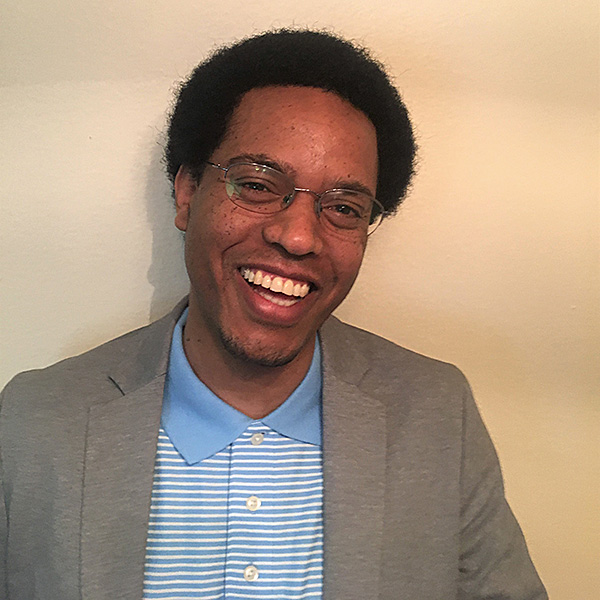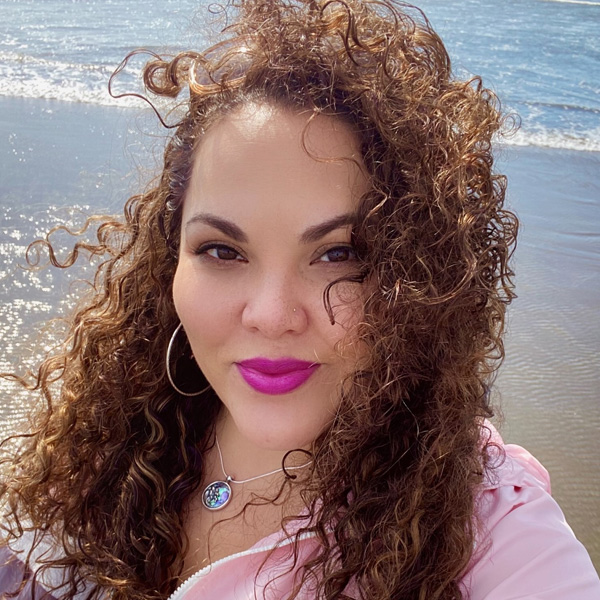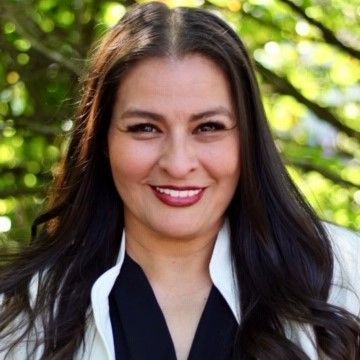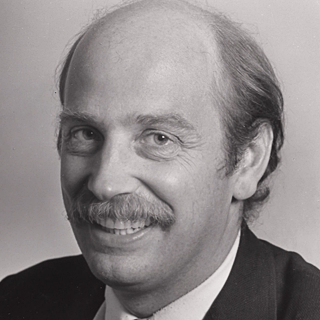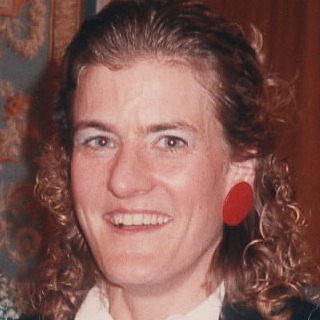Learn more about our workplace culture, benefits, and open positions.
Life at LifeWorks NW
60th Anniversary: Diane Benavides Wille
Aug 20, 2021
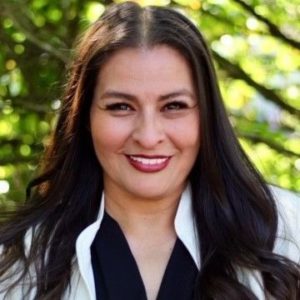
As part of our 60th-anniversary project, we talked with current employee, Diane Benavides Wille, who joined LifeWorks NW 15-years ago as a student intern. She then became one of LifeWorks NW’s Child & Family therapists, then director of Diversity and Workforce Development, and most recently vice president of Equity, Inclusion and Workforce Development. When Diane first started at LifeWorks NW, she was invited to join the Cultural Action Team, then spearheaded by another one of our memory makers—Ebony Clarke. Today, Diane heads up this group, now called the Diversity Resource Crew, as part of her overall work with equity and inclusion in the workplace.
Q. How has LifeWorks NW’s focus on equity and inclusion changed over the years?
Diane: One of the ways we’ve met the need around equity and inclusion is just having more purposeful dialogue and more intentionality about it. Equity and inclusion are big concepts, and I think in the last few years we’ve been more mindful just to slow that process down and to really take a look at what diversity, equity and inclusion are and can be.
Q. What’s the difference between diversity and equity?
Diane: Diversity really is our demographic; it’s the data. It’s the things we measure not only for our staff but for the populations we’re serving. But equity is a practice. It’s an intentional practice that as an organization we had to evaluate. Is this not just the right time, but do we have the resources to really support it and to be prepared for the honest dialogue that came from it? One of the things that really stands out to me is that as an organization we made a commitment after the murder of George Floyd to set aside time to talk with our staff, especially our staff of color. It was important to find out, how are you doing, knowing that most of our staff of color are impacted by these things in our communities, not only at a state level, but at a national level. We’re still expected to be professionals and be empathetic and to continue to give, but these things really impact people and what we bring with us in our professional roles.
Taking a look at inclusion, we’ve also asked who is missing from the table when we make decisions. We have an equity assessment tool that we use. We can always do better and need to operationalize that. But I’m especially proud of our leadership for saying before we make a decision let’s ask who does this impact? Are there voices that are not at the table? What could be potential negative consequences if we move forward with that decision? And before the decision gets made, have those folks most affected been at the table to say, what are we missing? Does this decision unfairly impact one group or another? Are there ways to mitigate whatever that impact may be?
I’ve been especially proud that it’s not just the sort of verbiage that you hear or that a lot of organizations are using, especially now, but that there is a commitment to the practice. And I think if we do it well we grow as an organization and have a really impactful sense of what inclusion is, but more importantly a sense of belonging.
This to me is especially exciting. Not only did we have listening sessions and come together to talk about the impact of George Floyd, the protests, social injustice and social unrest, but we made time and space in our workday to be able to talk about these important issues that affect all of us. We’ve had ongoing dialogue and really valued the input from our staff members. It sounds like a fairly benign thing to do, but it takes courage from an organization to say, we want to know what has impacted our staff members—the good and bad.
It is only through that understanding that we can really create some actionable change. And I think it is going to be meaningful for everyone that walks through our doors, not just our staff members, but all the community participants that receive our services, that look to us for that support to build that sense of resiliency. We’ve brought in an outside consultant to have another space to be able to really hear how our staff are impacted by discriminatory events. What are those things that they experience? And as an organization, we’ve got some concrete and tangible items that we can take away from this data and implement.
I think most excitingly we just launched our first Diversity, Equity and Inclusion survey to our staff members. For me, that was really exciting because we have our employee engagement survey, but this is really talking about how individually each one of the people in the organization experiences the organization. For the first time ever, we’re asking people—tell us what your experience is? Have you had discriminatory events around ageism, sexism, homophobia? So for me, it was, let’s just have an honest assessment of where we are and let’s do some courageous work to impact the experiences of everyone who walks through our doors.
Q. What is one of the most meaningful experiences you’ve had at LifeWorks NW?
Diane: I’m a clinician by trade. I think so often we come in with the best of intentions. I got into the field because there were so many people hurting, and I wanted to be a person who could be part of someone’s journey to healing. Two or three years ago, I was at a conference. While I was registering for the conference, I recognized the mother of a client I had worked with. Without skipping a beat, she crossed the room and came over to me and said, ‘Hi Diane!’ and gave me this big hug. As she was walking over, all the information about this family and the work that I did started to come flooding back. I was just so struck by the fact that after more than 10 years she immediately remembered my name. The last day of the conference I saw her again and I told her how touched I was by that. Her reply blew me away. She said, of course, I remember your name. You’re one of the people who helped me.
As a clinician, we hope that we are making an impact, but we rarely get a chance to hear that the work we did really resonated with an individual, that it was meaningful for them. We hope that they can recall this work and maybe think about the support they felt, but rarely is the gift of that remembrance ever handed to you. When someone says, yes, you made an impact, it’s huge.
Q. Why have you stayed at LifeWorks NW for 15 years?
Diane: The agency provides a lot of opportunities. I’ve done clinical work and non-clinical work, and I’ve got to harness my strengths in those passions and, really hopefully, benefitted the organization by utilizing all of those things. I’ve stayed because I feel connected with the mission. On my personal bucket list is to save a life. Like the story about the client who said, you were one of those people who helped me. It kind of makes me feel like I’m able to check that off. The work that I’ve done for the agency does impact people’s lives. This reminds me of a board retreat when one of the board members said, “what is it that LifeWorks NW does?” The bottom line is we save people’s lives. We impact our community in a way that I don’t think happens in any other service area. It aligns with my bucket list, it aligns with my personal values, and why wouldn’t I want to stay where we are helping to save people’s lives and impacting our communities for a greater purpose?
Q. What’s is special about LifeWorks NW?
Diane: LifeWorks NW has a great reputation in the community. We’ve been around for a long time, it’s sort of a staple when it comes to prevention, mental health and addiction treatment services. And all that is great, but honestly what makes LifeWorks NW so special are the people that work here. I’ve been with the agency since 2005, and in that time I have met some awesome and amazing people that have dedicated their time in the agency to really impact our communities. People work for people, and I think it just says a lot about an organization where so many people stay. Not because we have easy work, not because we don’t work through crises, and every day looks different. We stay because we know there is always someone else on our team that is just as dedicated, that is doing just as purposeful and meaningful work, and I love these people.
These are people that I’ve sort of grown up with. I’ve seen people come and go, but the common thing that they have is a sense of purpose, a sense of servitude, that we are here to serve others. I think that is what makes us very special; we’re very selfless and have a purpose and mission, and we also know we are contributing to something bigger than ourselves. I think that is what makes LifeWorks NW so special.



